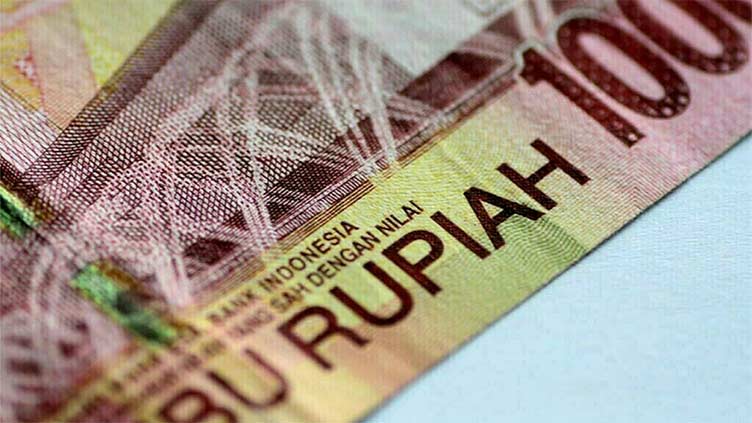Asian currencies muted ahead of expected Fed rate hike

Business
Asian currencies muted ahead of expected Fed rate hike
(Reuters) - Emerging Asian currencies were muted on Wednesday, while equities were broadly higher, with investors awaiting the US Federal Reserve’s policy decision later in the day for signs of whether it is nearing the end of its rate-hike cycle.
The Philippine peso appreciated 0.2%. The Taiwan dollar rose 0.1%. South Korea’s won, the Singapore dollar and Indonesia’s rupiah were flat.
“Risk sentiment in the region could tap on the positive handover from Wall Street but upside could still be somewhat contained with a lingering tone of caution ahead of the US FOMC (Federal Open Market Committee) meeting outcome,” said Yeap Jun Rong, market analyst at IG.
Markets are keenly awaiting the Fed’s interest rate decision scheduled for 1900 GMT, with a 25 basis points hike widely expected, followed by Chair Jerome Powell’s news conference.
“The focus is that when the Fed will start the rate cut cycle, and whether the central bank will change its stance on ‘higher for longer’ guidance,” said Tina Teng, markets analyst at CMC Markets.
“Though a sooner Fed pivot is sceptical, market participants are probably pricing in a less hawkish Fed on the back of cooling inflation and a deteriorating economic outlook,” Teng said.
The dollar index, which measures the greenback against six major peers, was flat at 102.11 as of 0327 GMT. It slipped 0.16% earlier in the day.
South Korea posted a record monthly trade deficit for January due mainly to a far worse-than-expected drop in exports, leading the government to say it would employ all available resources to revive overseas sales.
Indian rupee weakens on yuan-led slide on Asian currencies
Thailand’s economic recovery maintained its traction in December, boosted by increased tourism and domestic consumption, the central bank said on Tuesday.
The baht, which is the best performing currency in the region so far this year, fell 0.3% on Wednesday. Equities in Bangkok rose 0.4%.
Elsewhere, factory activity in China shrank more slowly in January after Beijing lifted tough COVID curbs late last year which helped ease pressure on manufacturers, though infections among workers hampered production.
Chinese shares and the yuan were flat.
Most stock markets across Southeast Asia were trading in positive territory. Equities in Manila advanced 1% and were set to post their best session in more than two-weeks.
Indonesia’s benchmark rose 0.6% and Seoul shares added 0.8%.
Markets in Malaysia were closed for a public holiday.
HIGHLIGHTS:
** India’s government will seek to lower its fiscal deficit while offering incentives for investment and stepping up state spending at its annual budget to parliament due later in the day
** The World Bank approved a $600 million loan to support the Philippines’ economic recovery and efforts to make its financial sector more resilient
** Most Bank of Korea board members at a Jan. 13 meeting turned cautious about interest rates rises, meeting minutes showed on Tuesday

